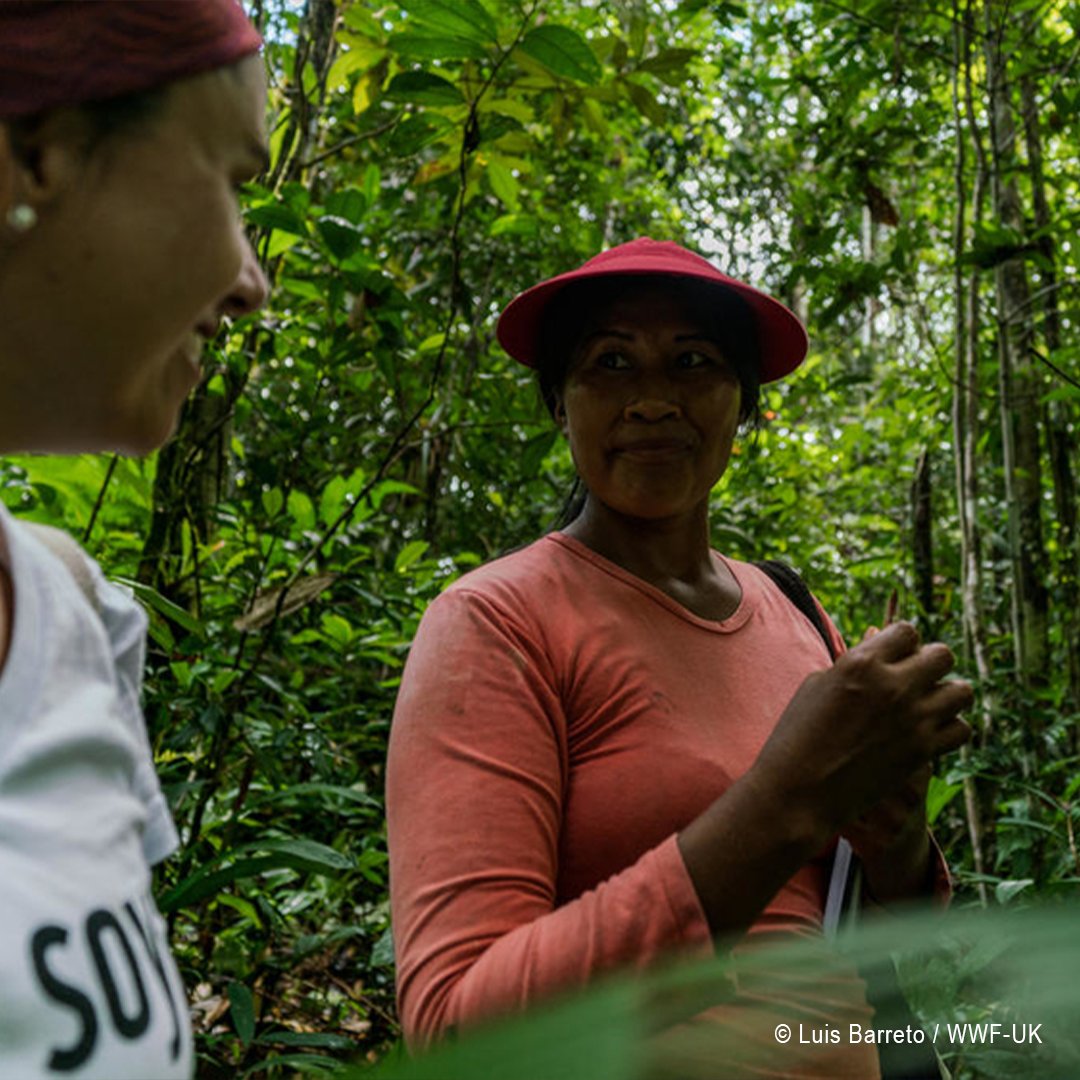- Indigenous peoples are vital for conservation efforts, significantly contributing to the preservation of biodiversity and ecosystems.
- Despite their key role, Indigenous communities often face exclusion from decision-making processes that affect their lands and resources.
- Recognizing and respecting Indigenous rights and knowledge is crucial for effective environmental stewardship.
- Support for Indigenous peoples requires strategic collaboration and investment in their communities to help sustain their territories.
- Raising awareness and advocating for policy changes are essential steps in empowering Indigenous communities to continue their conservation efforts.
Indigenous peoples play a crucial role in safeguarding nature, utilizing their deep understanding of ecosystems honed over generations. Their territories encompass roughly 25% of the world’s land surface but host 80% of its biodiversity. This correlation isn’t incidental; it’s a testament to Indigenous methods of land stewardship that are inherently sustainable and biodiversity-friendly. These communities manage vast landscapes, preserving flora and fauna in ways aligned with natural cycles and environmental stability.
Engagement in global and local conservation efforts is bolstered by the inclusion of Indigenous knowledge. Their practices often emphasize balance and coexistence, elements sometimes overlooked in modern conservation strategies. Indigenous methodologies respect the interconnectedness of all life forms, an approach that aids in the stabilization of ecosystems and the prevention of ecological degradation. This knowledge forms a keystone in the arch of global conservation strategies, benefiting not only local communities but the world at large.
Yet despite their importance, Indigenous peoples frequently face barriers to participation in conservation policymaking. Historically, these communities have been marginalized, sidelined during critical discussions about land use and environmental policies. This exclusion not only disregards their rights but also undermines efforts to protect natural habitats. Many Indigenous groups lack representation on boards and panels where decisions impacting their lands are made, leading to outcomes that may not align with their environmental perspectives or needs.
Recognizing Indigenous peoples’ rights is central to fostering effective environmental action. Legal frameworks like the United Nations Declaration on the Rights of Indigenous Peoples emphasize the need for free, prior, and informed consent concerning projects on Indigenous lands. Such measures, while crucial, require consistent enforcement and global recognition. Respecting these rights facilitates more equitable and successful conservation initiatives, as Indigenous peoples continue their traditional practices which promote biodiversity.
Assisting Indigenous communities in safeguarding their territories involves comprehensive support. This support should manifest not only in policy but also through tangible resources. Investment in infrastructure, education, and health within these communities can bolster their ability to manage land sustainably. Additionally, partnerships between conservation organizations and Indigenous groups can foster innovation in ecosystem management by blending traditional wisdom with scientific approaches.
Public awareness is pivotal. Support for the stewards of our environment is amplified by raising awareness about the challenges and contributions of Indigenous peoples. Campaigns, educational programs, and media representation play a crucial role in shifting perceptions and generating wider community support. Advocating for policy changes, such as enhanced recognition of land rights and increased funding for Indigenous-led conservation initiatives, is essential.
To enhance the understanding and support of Indigenous conservation efforts, an intersection of cultural sensitivity, scientific inquiry, and legislative action is required. The call for upholding Indigenous rights and recognizing their integral role in environmental stewardship is not just a matter of ethics. It’s a pragmatic approach to conservation that leverages centuries of ecological insight.
Indigenous peoples’ contributions to global biodiversity and ecosystem health underscore a vital truth: sustainability is a collaborative journey grounded in respect for nature and all its stewards. As we strive to protect our planet, recognizing the significance of Indigenous knowledge and the need for inclusive decision-making is paramount in forging a resilient and harmonious future for all.
*****
Source Description
Indigenous peoples play an essential role in safeguarding nature – but are often denied involvement in key decisions. ☝️
It’s vital we help uphold their rights, respect their knowledge, and appropriately support them to preserve their territories of life.
Double tap to show your support for the stewards of our home!


